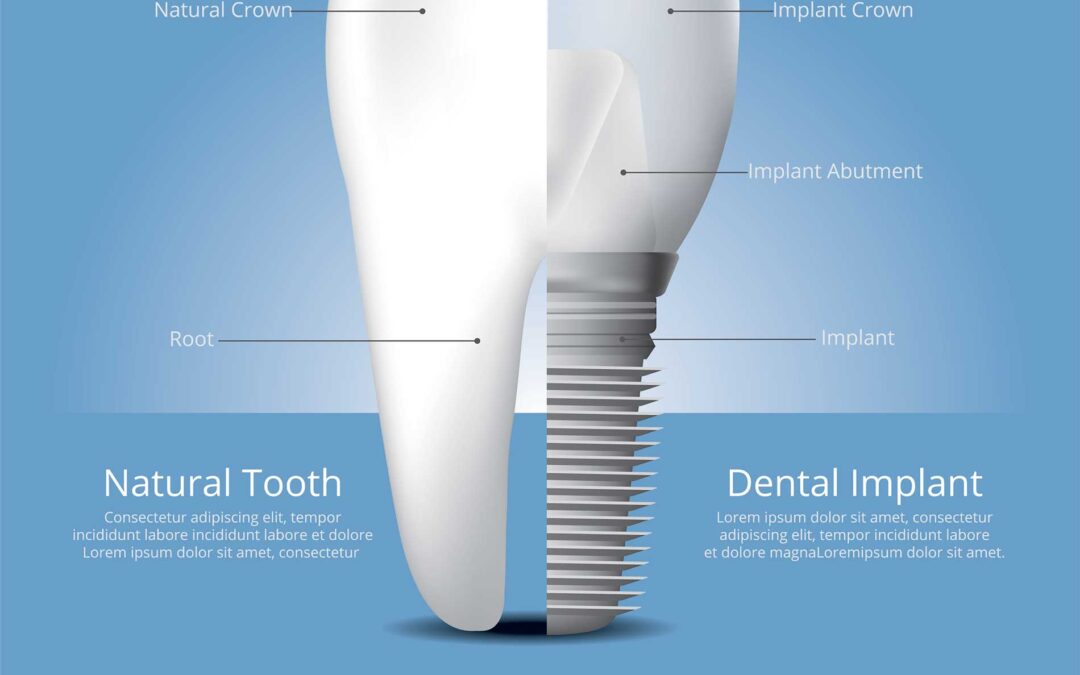Dentures are a common treatment for missing teeth that have helped countless people to improve their ability to eat, speak, and smile. However, one of the most common questions that Penticton denture wearers have is: How long do dentures last? While the answer to this question may vary depending on several factors, such as the type of denture you have, proper care and maintenance, and the quality of the materials used, this article will provide you with a comprehensive guide to denture lifespan, and tips on how to prolong the life of your dentures.
Types of Dentures and How Long They Last
Dentures come in different types, and each type has its unique characteristics and lifespan. Here are the most common types of dentures and their typical lifespan:
Conventional dentures: These are the most traditional type of dentures and can last up to 5-7 years with proper care and maintenance.
Partial dentures: Partial dentures are used to replace one or more missing teeth. They typically last between 5-7 years.
Immediate dentures: These dentures are placed immediately after the extraction of natural teeth. They last between 6-12 months before they require replacement.
Implant-supported dentures: These are a more permanent solution to dentures, and they typically last between 10-15 years with proper care.
Factors That Affect the Lifespan of Your Dentures
Several factors can affect the lifespan of your dentures, including:
Proper care and maintenance. Always follow your dentist’s instructions on how to care for your dentures, as neglecting them can lead to damage and shorten their lifespan.
Quality of materials. High-quality dentures often last longer than their cheaper counterparts.
Changes in your mouth. Your mouth can change over time, affecting the fit and function of your dentures. For example, bone loss in the jaw can cause your dentures to become loose, which can damage them and shorten their lifespan.
Wear and tear. Regular use of dentures will eventually wear them down and require replacement.
Tips to Prolong the Lifespan of Your Dentures
While dentures may eventually need to be replaced, following these tips can help to reduce the frequency of replacements and prolong their lifespan:
Clean your dentures daily. Brush your dentures with a soft-bristled brush, use a non-abrasive denture cleaner, and avoid using hot water.
Soak your dentures overnight. This ensures that they remain moist, which can prevent warping or cracking of the denture material.
Handle your dentures carefully. Dentures are delicate and can break easily. Always hold them over a soft surface while cleaning or handling them.
Visit your dentist regularly. Regular dental checkups allow your dentist to monitor the condition of your dentures and make adjustments where necessary.
Signs That Your Dentures Need Replacing
No matter how well you care for your dentures, they will eventually need to be replaced. Here are some signs that denture wearers in Penticton should look out for:
- Difficulty chewing or biting
- Loose dentures
- Visible cracks or damage
- Discomfort or irritation while wearing your dentures
In conclusion, the lifespan of dentures depends on several factors, including the type of denture, proper care, and maintenance. Penticton denture wearers can prolong the lifespan of their dentures by following simple steps such as regular cleaning and handling with care. However, it is essential to monitor your dentures closely for signs of wear and tear and to replace them when necessary. Remember to schedule regular dental appointments with your dentist for checkups and professional cleaning. With proper care and maintenance, your dentures can last for many years, providing you with a beautiful, functional smile that you have always wanted!












